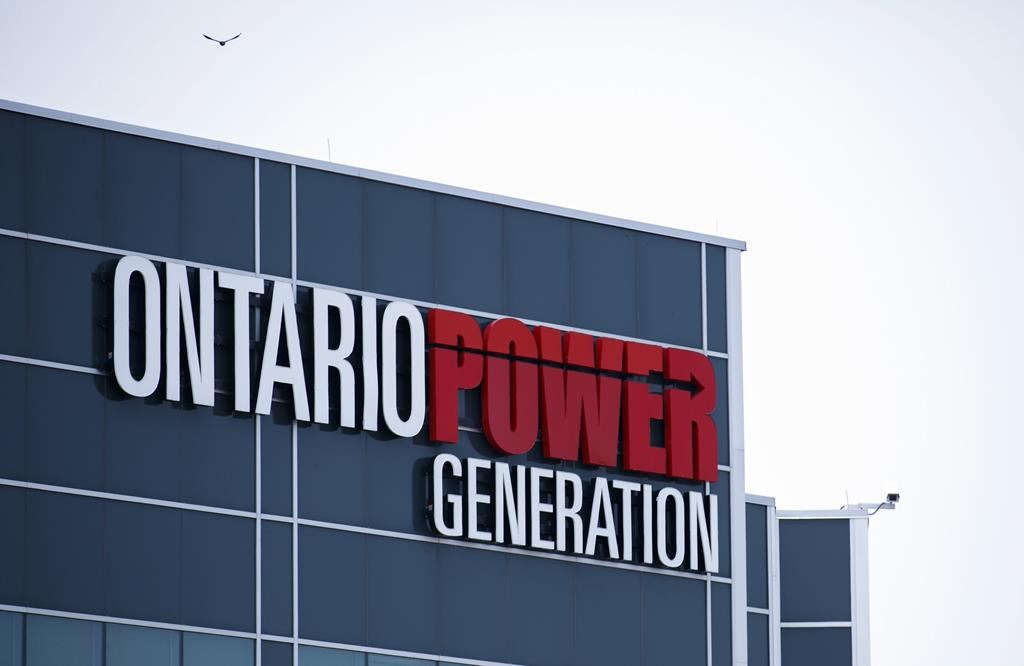TORONTO – Landowners in a rural Ontario municipality about two hours northwest of Toronto have signed an agreement that will allow authorities to soon start doing site tests for a proposed facility to store high-level nuclear waste.

The agreement with the Nuclear Waste Management Organization leaves South Bruce as one of two possible sites for a deep geological repository, along with an area near Ignace in northern Ontario.
Darren Ireland, a local farmer, said in a statement on Friday that the project “has the potential to bring long-term benefits to the area.”
About three-million highly radioactive used fuel bundles from reactors are currently stored at existing nuclear generating stations in Canada, including at the Bruce Nuclear Generating Station on the shores of Lake Huron near Kincardine, Ont.
Authorities have long contended the current storage system is not sustainable and have been searching for a permanent solution, with the aim of finding a single site for storage by 2023.

Get breaking National news
The proposed repository is separate from a proposed massive underground bunker for low and intermediate radioactive waste at the Bruce plant near Kincardine. That multibillion-dollar project has drawn fierce opposition both in Canada and the U.S. because of its proximity to Lake Huron.
Although Ontario Power Generation insists its studies show the underground facility would safely contain waste that remains hazardous for thousands of years, the project has been stalled for years awaiting federal government approval. One condition Ottawa has set is for Indigenous groups in the area to give their blessing, which has not happened.
The Nuclear Waste Management Organization has similarly been searching for a place to store used nuclear fuel, which is far more toxic. The organization said Friday it now has deals in place for about 526 hectares of land northwest of Teeswater, Ont., although Indigenous groups have yet to support the project.
The deals with landowners include a combination of option and purchase arrangements to allow the waste organization to do studies while allowing landowners to keep using their land, the organization said.
If the site is ultimately selected to host the repository, the organization would buy the optioned land. It would also then look to acquite more land in the area to form a site of about 607 hectares.
Mahrez Ben Belfadhel, a vice-president with the waste management organization, said they were pleased landowners were on board, and called identification of the South Bruce site an important milestone.
“With agreements in place and access to land in South Bruce, we expect to begin studies such as borehole drilling and baseline environmental monitoring in the coming months to assess the suitability of the area,” Ben Belfadhel said in a release.
The Bruce County municipality of South Bruce, south of Walkerton, Ont., has about 5,600 residents. Its main centres are the villages of Mildmay and Teeswater. The organization also said the adjacent township of Huron-Kinloss, Ont., would no longer be considered a potential host for the project.
The waste organization was set up at the direction of the federal government in 2002 by Ontario Power Generation, N.B. Power and Hydro-Quebec. The three producers and Atomic Energy of Canada Limited, a federal Crown corporation, fund its operations.







Comments
Want to discuss? Please read our Commenting Policy first.